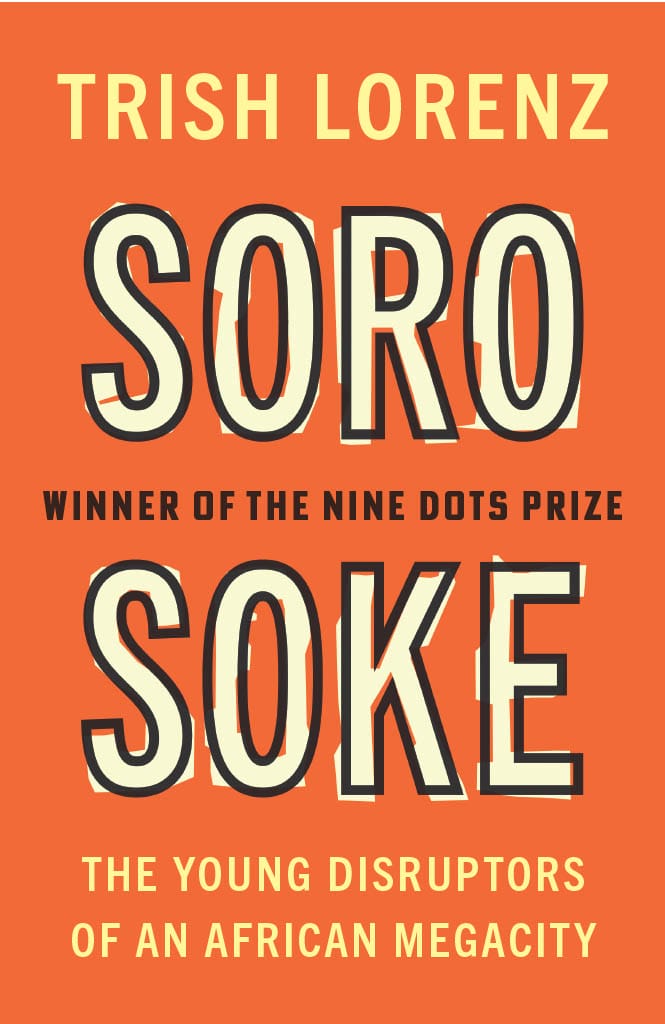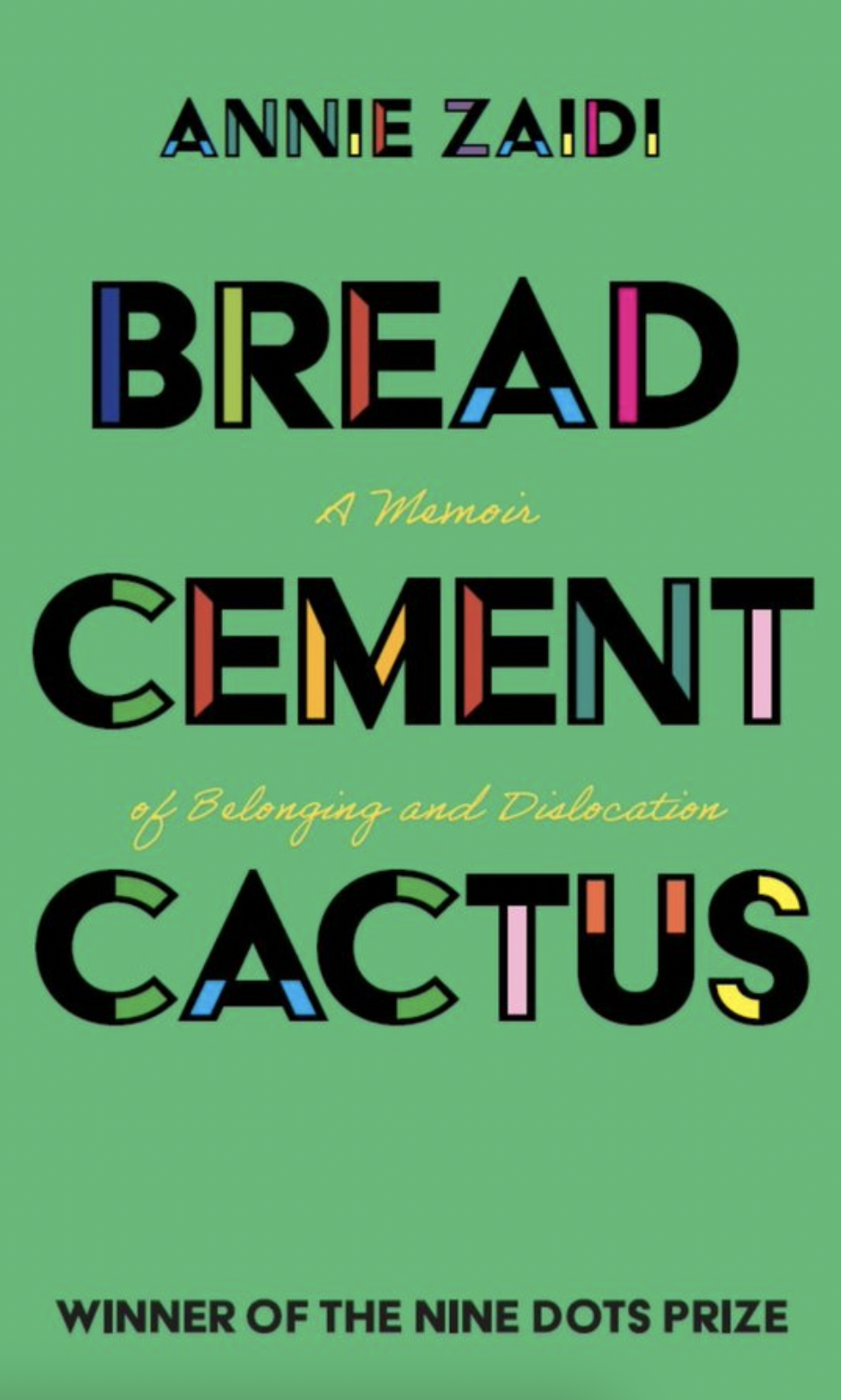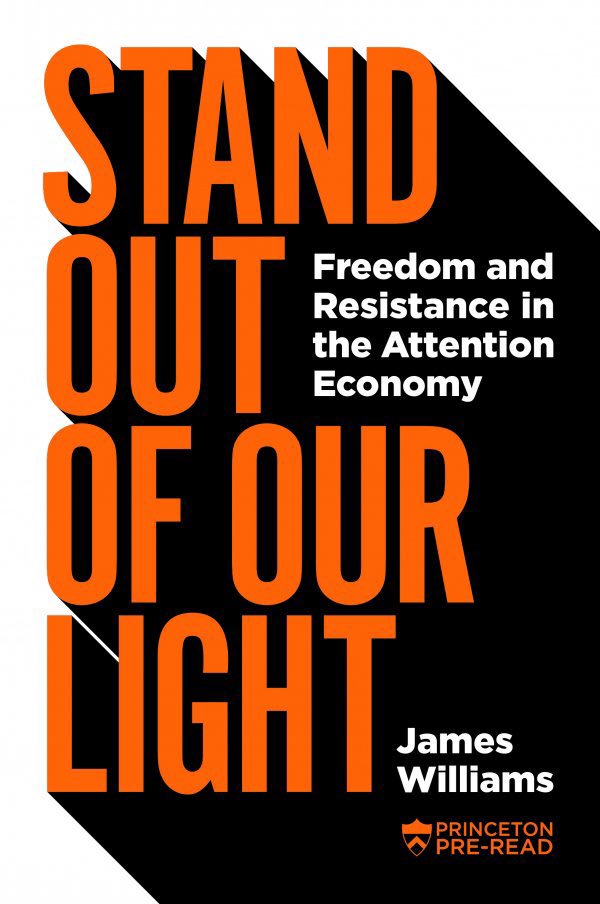Welcoming our new Board members
30 September, 2022
As we prepare to launch our fourth cycle, the Nine Dots Prize welcomes four new members to its Board. Together this group of internationally recognised and distinguished academics, authors, journalists and thinkers will help select our next winner. Joining the group are: Associate Professor of Political Science at Howard University, Professor J. Jarpa Dawuni; President of the World Federation of Science Journalists, Milica Momcilovic; and leading essayist and publisher, Urvashi Butalia.
Our partner, the Cambridge Centre for Research in the Arts, Humanities and Social Sciences (CRASSH) has also appointed a new Director, Dr. Joanna Page, who will be joining our board at Nine Dots. She replaces outgoing Director and Board member Steve Connor.

Professor J. Jarpa Dawuni is an Associate Professor of Political Science at Howard University, Washington D.C. She is a qualified Barrister-at-Law before the Superior Courts of Ghana. She holds a Doctorate in Political Science from Georgia State University. Her primary areas of research and advocacy include law and development, judicial politics, women and the legal professions, gender and the law, international human rights, democratization and women’s civil society organizing. Her books include Gender, Judging and the Courts in Africa: Selected Cases (Routledge, 2021), International Courts and the African Woman Judge: Unveiled Narratives (Routledge, 2018) co-edited with Judge Akua Kuenyehia and Gender and the Judiciary in Africa: From Obscurity to Parity? (Routledge, 2016), co- edited with Gretchen Bauer.
She is the Founder and Executive Director of the non-profit organization, Institute for African Women in Law. She is the founding Director of the Howard University Center for Women, Gender, and Global Leadership made possible by a $1million gift in 2020. She is a multi-award winner. In 2022, she was the proud recipient of two WOZA Women in Law Awards—Global Transformation Leadership and Best in Thought Leadership, Innovation and Academia awards. In 2020, she received the Women in Law-Austria Justitia Awards in the International Academic category for her scholar-activism in advancing women’s rights and women’s issues in law. In 2021, she was named by Courtroom Mail-Nigeria in their top 100 women law firm owners for her work in promoting global awareness of African Women in Law through research, mentoring and advocacy.
In 2016, she received President Obama’s Volunteer and Service Award for her work on the Board of the African Research Academies for Women. She is a Fulbright Scholar, a Carnegie African Diaspora Scholar, a Fellow of the Stellenbosch Institute for Advanced Studies, and a Fellow at the Center for Democratic Development (CDD) Ghana. She has been a Visiting Professor in the UNESCO Peace Masters Program at the University of Jaume 1 in Castellon, Spain, and an Adjunct Associate Professor of Law at the Washington College of Law at American University in Washington, DC. She was a Visiting Scholar at Queens University, Kingston, Canada in 2018, and the University of Copenhagen iCourts Program in Denmark in 2015. She sits on several boards including the African Studies Association.
Milica Momcilovic is the President of the World Federation of Science Journalists (WFSJ), a multinational charity dedicated to advancing science journalism and communication through a wide variety of activities with universities, governments, and NGOs, to promote standards and the role of science journalists as key players in civil society and democracy.
Ms. Momcilovic holds the position of Editor in the Science Program at the Radio Television of Serbia (RTS) and writes for the popular science magazine ELEMENTI and POLITIKA, the oldest and the most influential daily newspaper in Serbia and the Balkan. She covers life sciences, medicine, health, climate change, and more. In partnership with the British Council in Serbia, she developed “Cafe Scientific” TV series to debate science issues, “FameLab” TV series on the world's leading science communication competition, as well as “The New Technologies in Education" a program that aims to raise awareness on the significance of using new technologies in education to help modernize the teaching and learning process. Through her special coverage of international science events and interviews, Milica has obtained a rich experience and strong knowledge of scientific issues and challenges internationally.
Urvashi Butalia is a well-known and highly regarded essayist who writes for both national and international newspapers and magazines in India and abroad. In 2003 she set up Zubaan (tongue, voice, language), an imprint of Kali which is today the leading publisher of women’s writing in India. Zubaan publishes works by women from many of India’s 22 languages, translating them into English and Hindi. Zubaan is unique in the Indian publishing landscape for being Independent, political, and completely committed to the cause of women. In its Young Zubaan series, Zubaan has pioneered the publishing of books for young people on subjects that still remain difficult to address in India, such as alternative families, death, fundamentalism, disability and more.
Although not directly involved in politics, Urvashi Butalia is well-known throughout the country for her advocacy for the rights of minorities and for urging India and Pakistan to deal with the trauma of their violent pasts and espouse the road to peace. Her book of oral histories of the Partition of India in 1947 The Other Side of Silence: Voices from the Partition of India is considered the most important work in South Asian history in the past two decades.
She is the recipient of several national and international awards, including one of India’s highest civilian honours, the Padma Shri, in 2011. She was awarded the Goethe Medaille in 2017 by the Goethe-Institut and in 2002 she was made Chevalier des Artes et des Lettres by the French Republic.
Dr. Joanna Page is the Director of CRASSH since October 2022 and a member of the Centre for Latin American Studies at the University of Cambridge. Her research interests include literature, film, graphic fiction and visual arts from Latin America, particularly Argentina, Chile, and Brazil. Many of her projects have focused on the relationship between science and the arts, but she has also worked on questions of memory, modernity, capitalism, posthumanism, new materialism, decoloniality and environmental thought in Latin America. Her most recent research project, funded by the British Academy, was published by UCL Press as Decolonizing Science in Latin American Art (free to read digital version) in 2021. It assembles a new corpus of art-science projects by Latin American artists, ranging from big-budget collaborations with NASA and MIT to homegrown experiments in artists’ kitchens.
Her previous publications include Posthumanism and the Graphic Novel in Latin America (UCL Press, 2017, free to read digital version), which is the first book-length study of the boom in graphic novels that Latin America experiencing. Dr Page argues that the graphic novel is emerging in Latin America as a uniquely powerful force to explore the nature of twenty-first-century subjectivity. And Science Fiction in Argentina: Technologies of the Text in a Material Multiverse (University of Michigan Press, 2016: free to read digital version), which explores science fiction in literature, cinema, theatre, and comics from Argentina from the late nineteenth century to the present day.
***
You can find more information about the Nine Dots Prize Board here.



